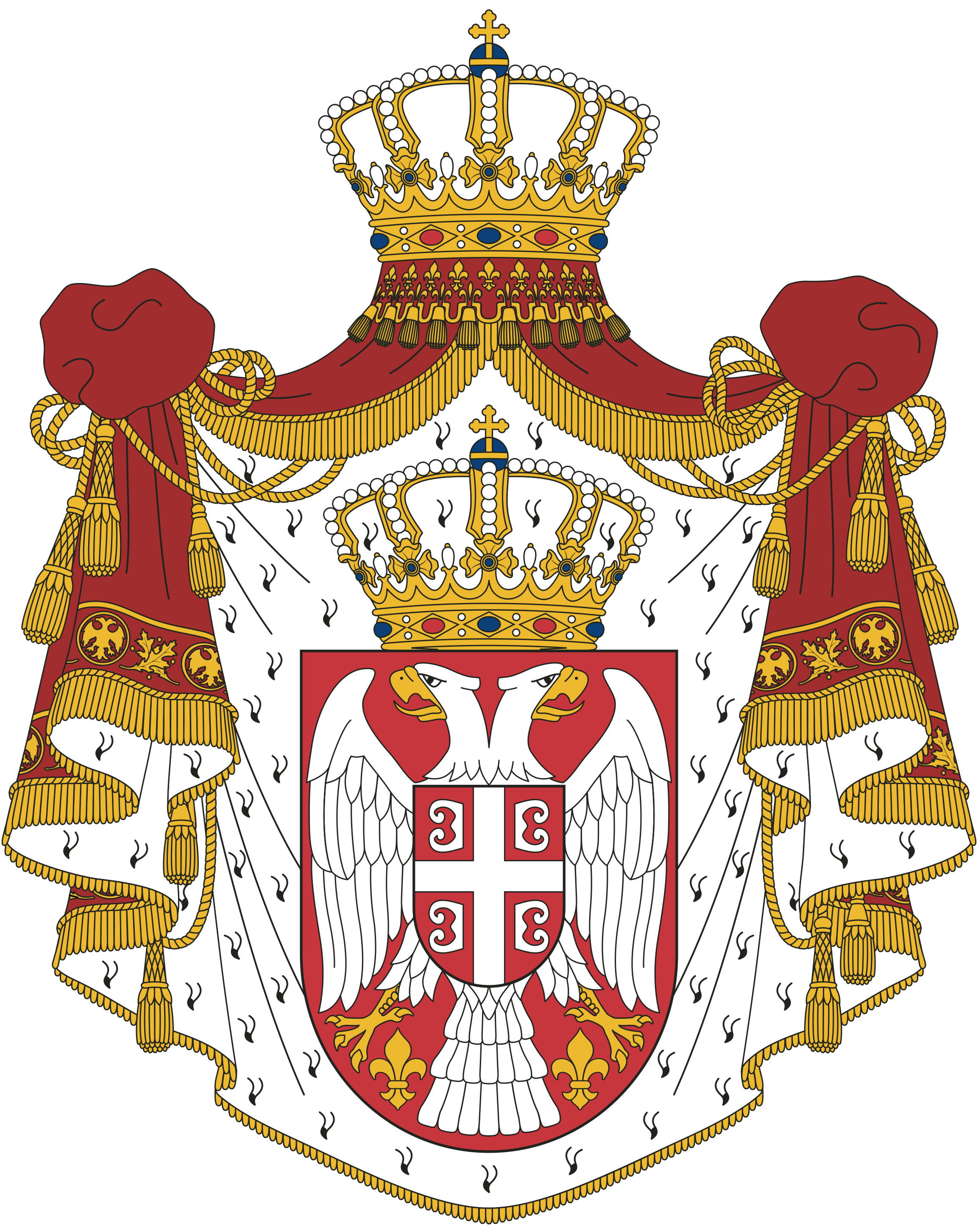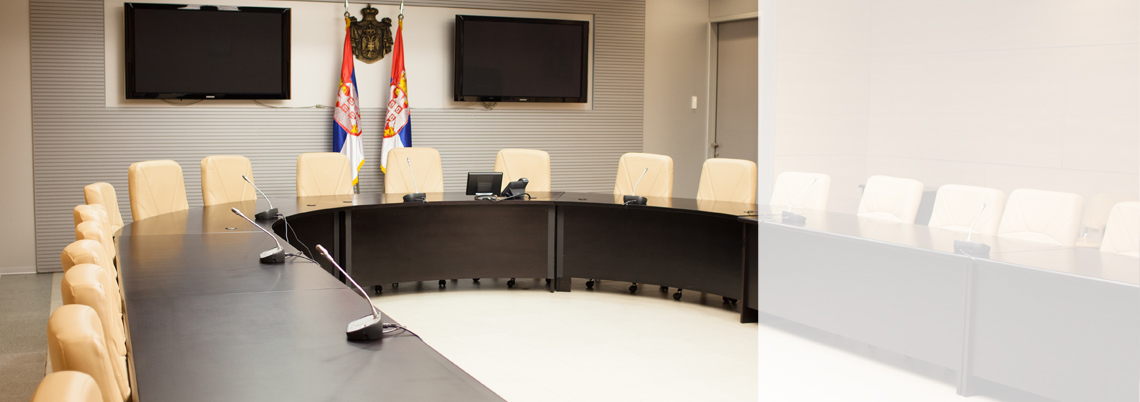The status of judges is governed by the Constitution of the Republic of Serbia and the law, particularly the Law on Judges ("Official Gazette of the Republic of Serbia" No. 116/2008, 58/2009 – Decision of the Constitutional Court, 104/2009, 101/2010, 8/2012 - Decision of the Constitutional Court), 121/2012, 124/2012- Decision of the Constitutional Court and 101/2013.
A judge is independent in the exercise of judicial office and subjected only to the Constitution and the law. Any influence on a judge in the exercise of judicial office is prohibited.
A judge cannot be held responsible for an opinion expressed or a vote given in the course of taking a court decision, unless a judge has broken the law by perpetrating a criminal offense. A judge cannot be detained in proceedings initiated for a criminal offense committed in the exercise of judicial office without the approval of the High Judicial Council.
Independence of individual judges is guaranteed by the High Judicial Council, a body with the exclusive authority to decide on the final selection following the election of judges for a specific period of time, on promotion, discipline, dismissal, material status, permanence, immovability, immunity and education.
Judicial office is permanent. As an exception, persons elected as judges for the first time are elected for a period of three years.
A judge has the right to exercise his/her judicial office in the court to which he/she was appointed and can be transferred or referred to another court only with his/her consent. In the case of abolition of the court or the substantial part of jurisdiction of the court to which a judge was appointed, as an exception he/she may be permanently transferred or referred to another court without his/her consent, in accordance with the law.
A judge’s office can be terminated at his/her own request, in the advent of statutory requirements or by dismissal for reasons stipulated in the law, and if not elected to permanent office. Decision on the termination of judicial office is taken by the High Judicial Council. A judge has the right to file an appeal with the Constitutional Court against this decision. Such appeal excludes the right to submit a constitutional complaint. Proceedings, grounds and reasons for the dismissal of judges, as well as the reasons for the dismissal of Court Presidents, are regulated by law.
Political activities of judges are prohibited. The law regulates what other offices, activities or private interests are incompatible with the judicial office. Judges cannot be members of political parties.


